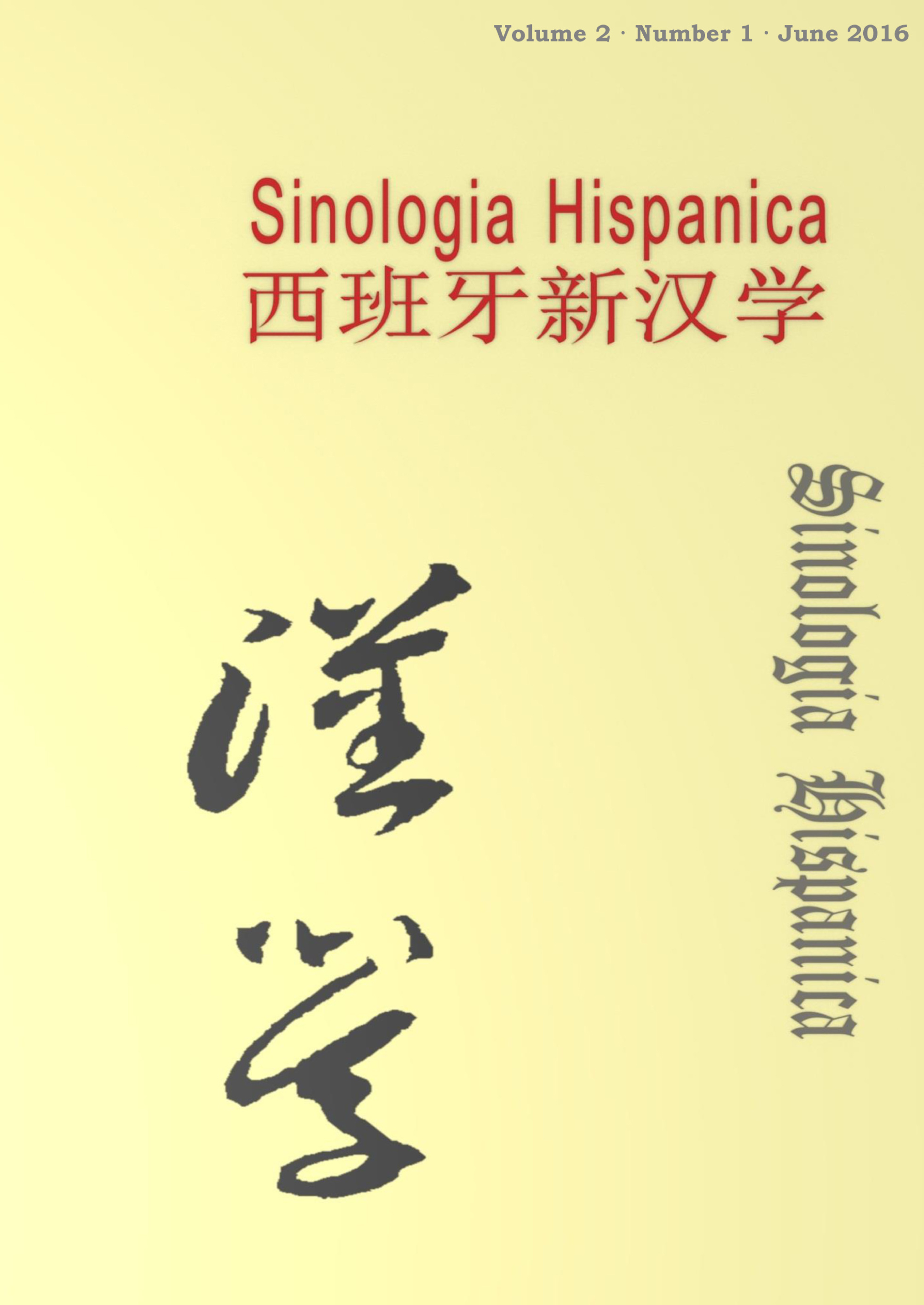On the Rhetorical Strategies of Psychological Discourse in E-Counselling Response to Lovelorn College Students
DOI:
https://doi.org/10.18002/sin.v2i1.5253关键词:
lovelorn, college students, discourse and rhetoric, psychological E-Counselling.摘要
This paper analyses the advantages and
rhetorical strategies of psychological
E-Counselling discourse, based on successful
cases in response to lovelorn college students.
It is found that: (1) Psychological E-Counselling
discourse of college students can be divided
into time-lapse discourse via email and impromptu
online discourse via QQ. Remote communication
via the internet, privacy by anonymity, and
trust in teachers as consultants are the three
main reasons for the increasing number of
lovelorn college students asking their teachers
for psychological E-Counselling, which has
advantages compared to traditional face-to-face
counselling, and also broad application prospects;
(2) The rhetorical strategies of psychological
E-Counselling discourse in response to lovelorn
college students include: setting interlocking
leading questions to understand the psychological
distress of students, employing appropriate
rhetorical questions straight to the point to cut
off negative turns of dialogues, establishing
proper psychological frames of reference to
undermine the negative self-judgement of
students, citing topic-related words, phrases
and stories which are with philosophical ideas
or popular at the time to strike a chord with
students, providing concrete suggestions to
reactivating students, and making use of group
discourse at interactive platforms as an
additional strategy.
Downloads
Métricas alternativas
Downloads
已出版
How to Cite
期
栏目
License
Copyright (c) 2017 Mao Haoran, Zhang Fang

This work is licensed under a Creative Commons Attribution-NonCommercial-ShareAlike 4.0 International License.
Sinología Hispánica. China Studies Review considers all manuscripts on the strict condition that:
- The authors assign the exploitation rights (reproduction, distribution, public communication and transformation) of the work accepted for publication to the University of León on a non-exclusive basis. Authors can establish, on their own, additional agreements for the non-exclusive distribution of the version of the work published in the journal (for example, placing it in an institutional repository or publishing it in a book), always acknowledging the initial publication. in this magazine.
- The manuscript is your own original work and does not duplicate any other previously published work, including your own previously published work.
- The manuscript is not currently under consideration or peer review, nor accepted for publication, nor in press, nor published elsewhere.
- The manuscript contains nothing that is abusive, defamatory, libellous, obscene, fraudulent, or illegal.
- Please note that Sinologia Hispanica uses Turnitin software to screen manuscripts for unoriginal material. By submitting your manuscript to Sinologia Hispanica you are agreeing to any necessary originality checks your manuscript may have to undergo during the peer-review and production processes. Any author who fails to adhere to the above conditions will be rejected.
- Authors are allowed and encouraged to electronically disseminate the pre-printed versions (version before being evaluated) and / or post-printing (version evaluated and accepted for publication) of their works before publication, since it favors their circulation and dissemination more early and with it, a possible increase in its citation and reach among the academic community.
Sinologia Hispanica is under an international license Creative Commons Attribution-Noncommercial-Share Alike 4.0. You can read more about this license in an informative version and legal text.










